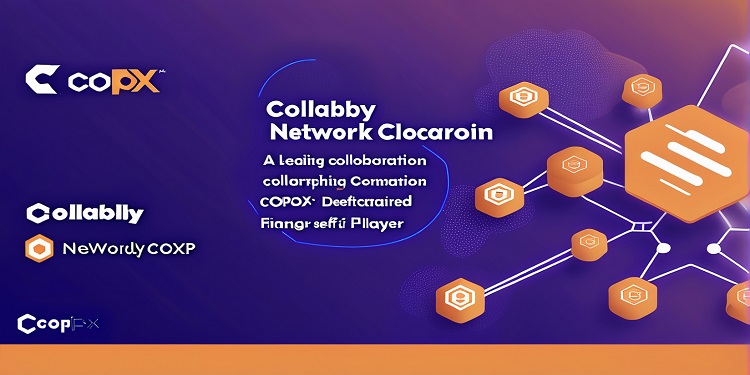The Telecom Regulatory Authority of India (TRAI) has successfully operationalized a blockchain-powered Distributed Ledger Technology (DLT) framework to monitor and trace commercial SMS communications. This initiative is a significant milestone aimed at fostering transparency, security, and consumer trust within the telecom ecosystem by effectively tackling spam and fraudulent messaging practices.
The newly implemented framework requires all Principal Entities (PEs), including businesses, financial institutions, government agencies, and other commercial entities, to register and declare their message transmission paths. By leveraging DLT, TRAI ensures comprehensive traceability of SMS communications, enabling end-to-end tracking from their origin to final delivery. This system minimizes data delays while safeguarding sensitive information and offering a robust mechanism to curb unauthorized messaging activities.
Phased Implementation Strategy
The regulatory authority initially mandated compliance with the framework on August 20, with enforcement set for November 1. However, acknowledging the scale of onboarding required, TRAI extended the deadlines twice—first to November 30 and later to December 10. These extensions provided sufficient time for approximately 1.13 lakh active Principal Entities across industries such as banking, healthcare, insurance, and real estate to comply with the new system.
TRAI adopted a gradual, consumer-friendly approach to ensure the smooth rollout of the framework while minimizing disruptions. During the transition phase, messages transmitted via undeclared paths were temporarily allowed but flagged with specific error codes. These codes were shared with the respective entities, allowing them to take corrective action while ensuring that essential services, such as time-sensitive notifications and one-time passwords (OTPs), remained unaffected. This balanced strategy facilitated uninterrupted communication without compromising regulatory objectives.
Collaboration with Stakeholders
The successful implementation of the framework involved extensive collaboration with key regulatory bodies, including the Reserve Bank of India (RBI), the Securities and Exchange Board of India (SEBI), the Insurance Regulatory and Development Authority of India (IRDAI), and the Pension Fund Regulatory and Development Authority (PFRDA). Additionally, TRAI partnered with government agencies like the National Informatics Centre (NIC) and the Centre for Development of Advanced Computing (CDAC), as well as state governments, to promote awareness and accelerate compliance among stakeholders.
Access providers and telecom operators played a crucial role by conducting outreach programs and offering technical assistance to PEs and telemarketers (TMs). These efforts ensured that stakeholders were well-equipped to integrate the DLT framework into their messaging systems efficiently.
Full Implementation and Future Impact
From December 11 onward, TRAI began rejecting SMS traffic originating from unregistered paths, marking the full enforcement of the framework. This development complements TRAI’s broader anti-spam initiatives, which include measures such as disconnecting telecom resources used by spammers, implementing URL whitelisting for SMS communications, and transitioning telemarketers operating under the 140-series to the DLT platform.
The initiative has already garnered strong support from industry representatives. The Cellular Operators Association of India (COAI), which represents major telecom operators, acknowledged the directive as a transformative step. It emphasized the importance of traceability and security in commercial communications to protect consumers from fraudulent and unsolicited messages while promoting confidence in telecom networks.
By introducing this framework, TRAI has significantly enhanced the security and transparency of India’s messaging ecosystem. The implementation of DLT enables immutable traceability, ensuring compliance with regulatory standards while reducing the prevalence of spam. The system also sets a new benchmark for leveraging blockchain technology to address challenges in the telecom industry.
Strengthening Consumer Trust in Telecom Services
TRAI’s initiative reaffirms its position as a leader in adopting innovative solutions to address critical challenges in the telecom sector. By fostering a secure and transparent environment for commercial messaging, the framework not only protects consumers from fraudulent activities but also strengthens their trust in communication networks.
With this DLT-based traceability system now fully operational, industry stakeholders expect a significant reduction in spam messages and a considerable improvement in the reliability of SMS communications. The move is anticipated to position India as a pioneer in regulatory advancements, setting a global precedent for enhancing telecom operations through blockchain-based solutions.









